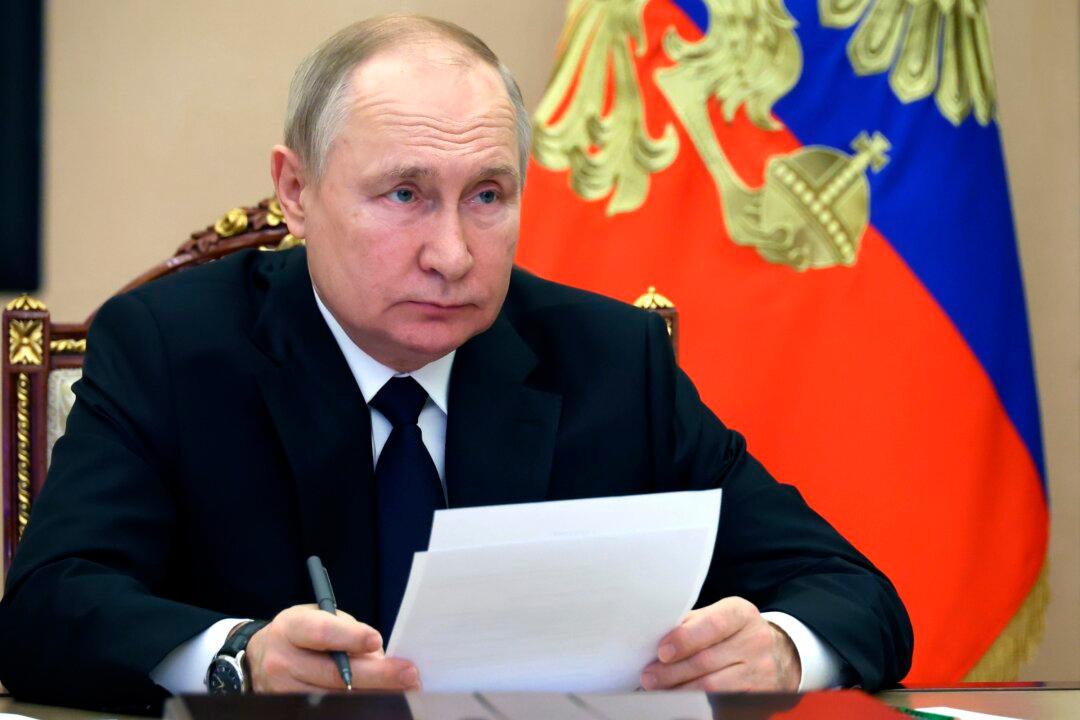Moscow will follow through with its threat to ban oil exports to countries that agree to impose a price cap on Russian oil. President Vladimir Putin announced his government’s long-awaited response to a Western-backed price cap on his nation’s crude exports on Dec. 27.
The Russian leader signed an order banning the supply of oil and oil-related products for five months to countries that impose the cap and will be in effect from Feb. 1 to July 1, 2023.





